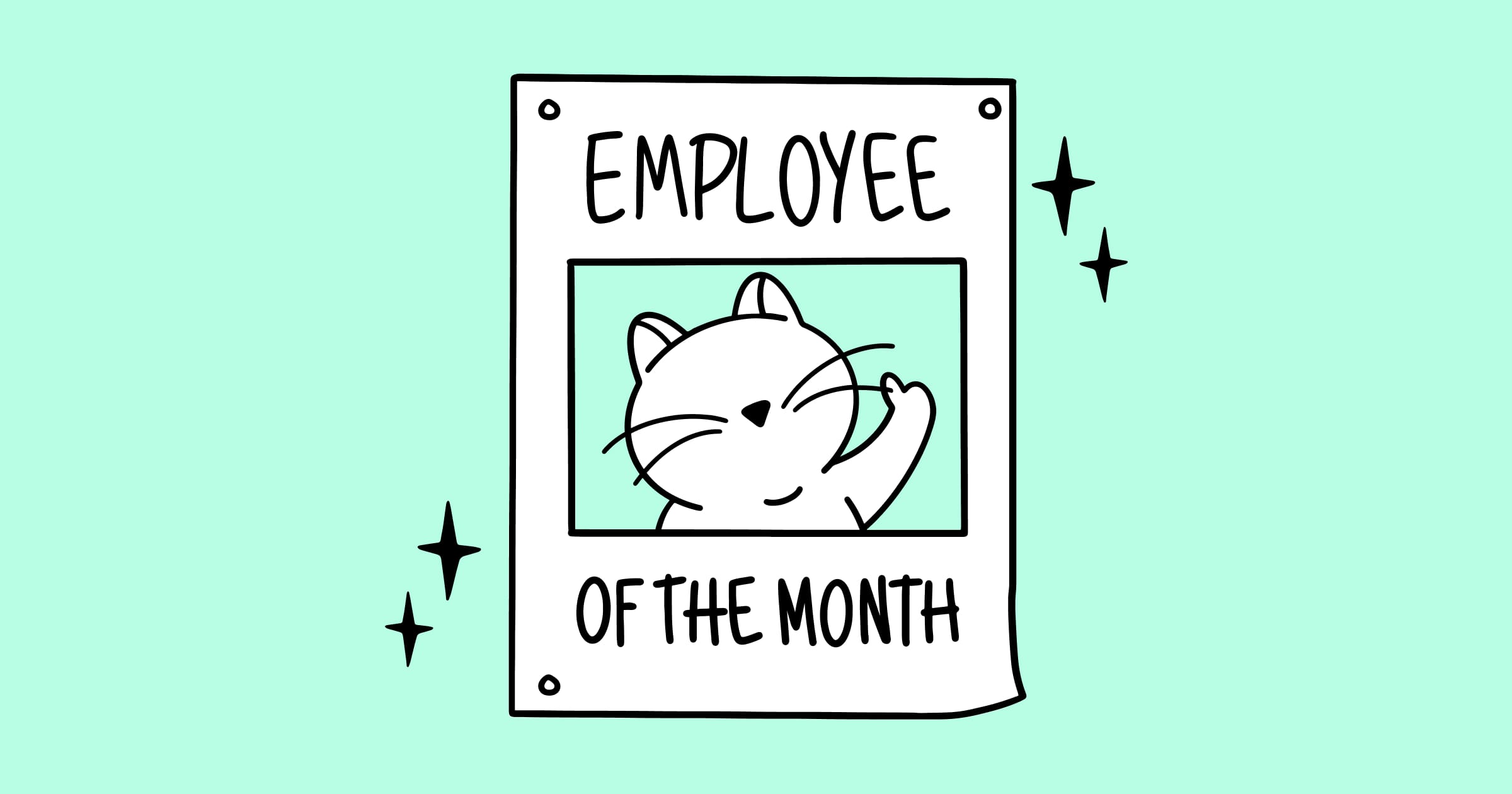January 21, 2025

While developing a skill set visualization tool, we did a lot of research, and here is what it says
While I was developing MuchSkills – a new way to look at skills and skill sets in the workplace – I conducted some research on whether employees whose skills match the work they do are more productive and engaged. I believe that they are.
I had come up with this theory from personal experience while working in Asia, Europe and the US. I was confident my hypothesis was true, which is why I had made it the basis of the new app I was developing. At the same time, I was also curious to know if any serious studies had been conducted on the subject, and what they had to say about it. I wondered if researchers agreed with me?

I am happy to say they do.
In this blog, I shall recap four studies that support my hypothesis.
American analytics and advisory firm Gallup is a pioneer in the strengths movement at the workplace, with its reports consistently emphasising the value of maximising employee strengths as a way to maximise productivity instead of improving weaknesses.
“Employees do their best in roles that enable them to integrate their talent (the natural capacity for excellence), skills (what they can do) and knowledge (what they know),” said Gallup’s State of the American Workplace report published in 2017. “Workers want roles and employers that allow them to make the most of their strengths.”
An extensive 2015 Gallup study examined the impact strengths interventions had on workgroup performance. Its researchers studied six outcomes: sales, profit, customer engagement, turnover, employee engagement and safety in 49,495 business units with 1.2 million employees across 22 organisations in seven industries and 45 countries.
The study found on average, workgroups that received a strengths intervention improved on all of these measures by a significant amount compared with control groups that received less-intensive interventions or none at all. Ninety percent of the workgroups studied by Gallup researchers had performance increases at or above the following ranges:

Sixty-four per cent of employees believe building on their strengths will make them more successful at work, found a 2015 survey of 1,000 full-time and part-time employees representative of the American population by sex, age and geographic location.
“71% of employees who believe their managers can name their strengths feel engaged and energized by their work…” said the 2015 Strengths @Work Survey. Additionally, 58% of employees of the organisations committed to building their employees’ strengths can name the strengths of their bosses and colleagues and think about how they use these as they go about their work together, it said.
The survey concluded:
“The idea that employees can come to work and do what they do best each day is no longer considered a ‘soft skill’ or a ‘luxury’, but has become a mainstream expectation that people will have the opportunity to do what they do best each day at work and reap the professional and personal benefits. Organisations and managers who are not riding this wave have employees who are less engaged and less energised about their work.”
This 2014 study published in The Journal of Positive Psychology validated the association between the use of an individual’s strengths and work performance.
“…[E]ncouraging strengths identification, use, and development in human management practices can be an excellent way to promote work performance, thereby stimulating passion, vitality, and concentration at work,” the study concluded.
Citing earlier studies, it suggested how individuals, teams and organisations could improve strengths use across the organisation. It said:
Noel Braganza is the co-founder of Up Strategy Lab – which delivers strategies to scale businesses and MuchSkills – new way to look at skills and skill sets at the workplace. He has over 14 years of creative experience that spans interaction design and music to digital copywriting and advertising. He enjoys problem solving and keeping the user at the core of his solutions.

Subscribe to our newsletter to receive MuchSkills insights directly in your inbox. Don't worry we will respect your inbox

A practical look at how skills visibility, fair evaluation, and growth-focused conversations reshape the employee experience.

By revealing hidden talent and optimising workforce deployment, skills visibility democratises opportunities and boosts employee engagement and retention.
